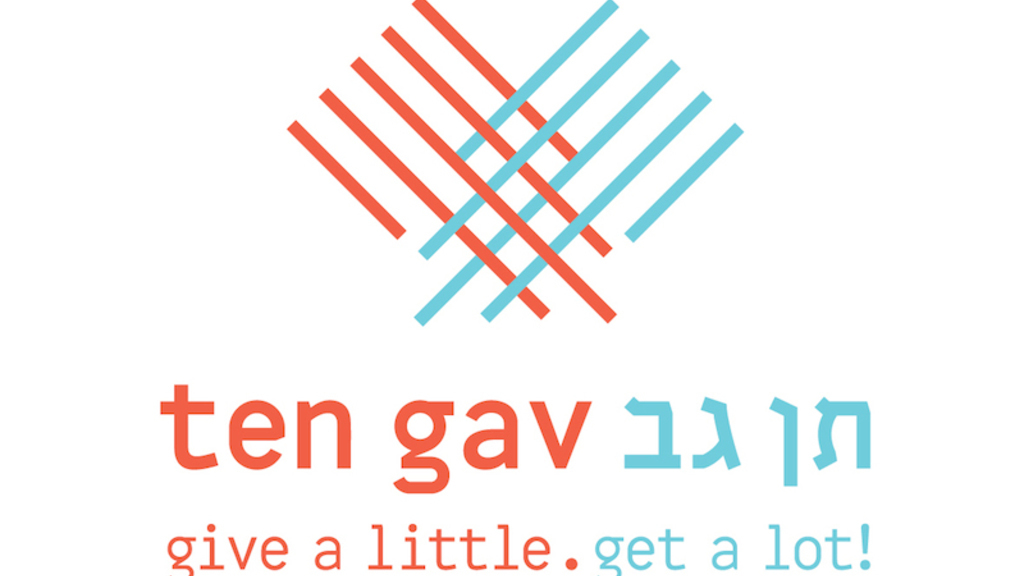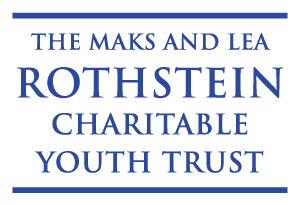Divrei Torah: Grab the Torah by its Foot!
As parents, we know that there is no greater pleasure than seeing our children getting along with one another. And no greater pain than discord among siblings. Our Father above is the ultimate parent.
There is a famous story in the Gemara (Masechet Shabbat, 31a). A gentile once came to Shammai the Elder and told him that he would convert to Judaism if Shammai could teach him all of the Torah while standing on one foot. Shammai, incensed at such a notion, threw him out of the house.
This man then approached Hillel the Elder with the same request. Hillel told him “that which is hated to you don’t do to another. This is ALL of the Torah. Everything else is commentary. Go and learn”.
It seems that this story, along with a few others on the same page, is brought to reveal to us the patience of Hillel. This prospective convert unsuccessfully attempted to incite Hillel with a ridiculous request. In fact, Hillel was an extremely patient and understanding man and “passed the test” of potential anger.
The lesson, however, is much deeper and has little to do with Hillel himself.
The basis for Hillel’s statement comes from Parshat Kedoshim (Vayikra 19:18):
וְאָהַבְתָּ לְרֵעֲךָ כָּמוֹךָ, אֲנִי ה”…” –
And you should love your neighbor as yourself, I am HaShem
Rabbi Akiva, perhaps inspired by Hillel, said that this commandment is the “central tenet of the Torah”. Two of the greatest of our Rabbis emphasized that the foundation of Torah rests on how we interact with others.
HaShem Himself reinforces this by ending the pasuk with the words, אני ה (I am the Lord) He is “signing off” that there is a direct correlation between your relationship to others and to Him.
With this, perhaps we can look at the above story of the prospective convert in a different light.
This man genuinely wanted to convert to Judaism, follow the Torah, and come close to HaShem. He knew, however, that he had much ground to cover as he was already an adult and was starting from nothing.
His request was sincere: How can I learn the basics of Judaism in the shortest time possible? ”While standing on one foot” was not only a reference and request to learning quickly, but he was asking “what is the one principle (foot) that encompasses all of the Torah? What is the one thing upon which the Torah itself stands?”
Shammai interpreted his question as insolence and mockery. Hillel realized the sincerity and summed it up with his version of the “Golden Rule”.
There are 2 categories of Mitzvot, those between a person and God and those between a person and others. Our goal in life, as stated in Pirkei Avot (3:1), should be to act in a manner that gives satisfaction (נחת) to others and satisfaction (נחת) to HaShem.
The litmus test of our relationship to G-d is how we treat other people. If we truly desire to be close to Him, we must ensure that we treat ALL of His children in a proper manner.
“וְאָהַבְתָּ לְרֵעֲךָ כָּמוֹךָ, אֲנִי ה “
And you should love your neighbor as yourself, I am HaShem
The 2 relationships are dependent on each other.
As parents, we know that there is no greater pleasure than seeing our children getting along with one another. And no greater pain than discord among siblings.
Our Father above is the ultimate parent.
More than anything, He wants us all to love, respect and care for one another.
That gives Him (and everyone else) true satisfaction.
Shabbat Shalom
View article in original publication









